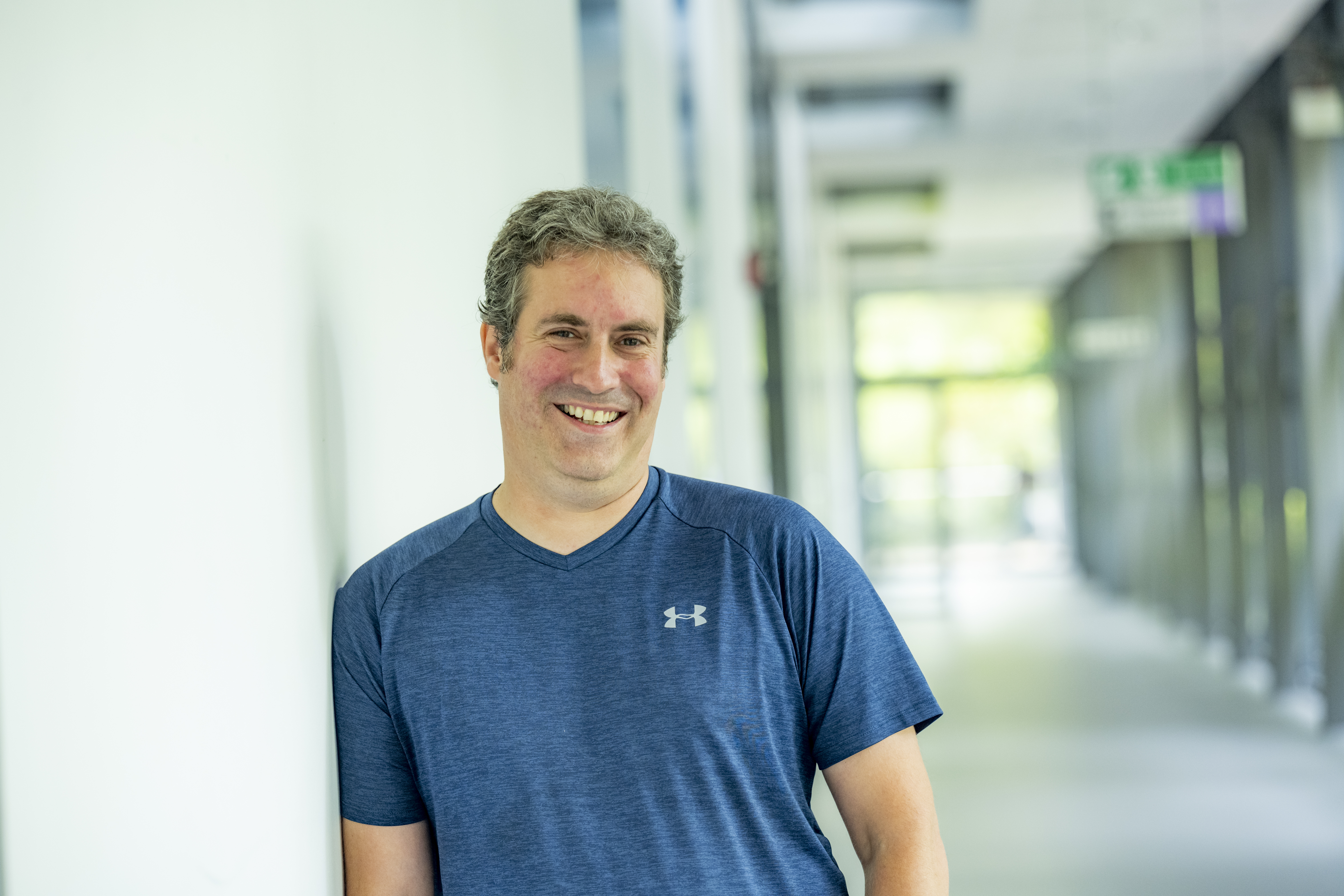Breaking the barrier of software maturity - three Open Call projects
Posted on 26 July 2013
Breaking the barrier of software maturity - three Open Call projects
 By Steve Crouch.
By Steve Crouch.
The Institute runs an Open Call for Projects as part of its consultancy theme. We accept submissions from researchers who wish to improve their software, their development practices, and their community of users and contributors.
The past few months has been a very productive time for the Open Call, with three projects now underway. In each case, we're helping the projects to overcome barriers that occur as software matures.
BoneJ
The first project, a collaboration with the Royal Veterinary College at the University of London, will improve community engagement around BoneJ, a program used for bone density analysis. The software already has a thriving user community which has led to over thirty academic publications. More developer effort is required to coordinate and support these activities.
Working closely with BoneJ's lead developer, the Institute has assessed the BoneJ software and developed community outreach to attract future contributors. We are advising on a redesign of BoneJ's website to emphasise how new users and developers can get involved. Our work will provide opportunities - and make it easier and clearer - for people to engage with the project in the future.
Lower Limb Model
The Imperial College Lower Limb Model, developed by the Osteoarthritis Centre of Excellence at Imperial College London, performs predictive musculoskeletal modelling of the lower limb. Already used to generate results for eight publications, the Centre wants to improve its infrastructure and practices used in developing the software. Having reviewed the project, the Institute is now helping the project's researchers to adopt a suitable revision control system and move the software to an open-source development model. This will make it easier for external collaborators to access the software and attract more research opportunities.
ForestGrowth
Our project with Taylor Labs at the University of Southampton is based on the ForestGrowth-SRC software. Developed in conjunction with the Forestry Commission, the software models the growth of coppiced woods to optimise biomass production for sustainable energy. It has already led to a number of publications, but to realise its greater potential the Institute is working with Taylor Labs to parallelise the processing of its models on Southampton's Iridis cluster.
This work will cut run time from days to a matter of hours. In addition, by helping Taylor Labs to improve to the software's data handling capabilities, our work will provide a solid foundation for external collaborations in Europe and the US.
Next round of the open call
We have a number of exciting projects in the works, involving software from the physical sciences and biomedical engineering. We will be releasing more updates on all of the Open Call projects soon.
If your project produces research software and you'd like us to help, why not submit an application of your own into our Open Call? The next deadline for submissions is 31 October 2013, and the best part is that the help we provide is free!

